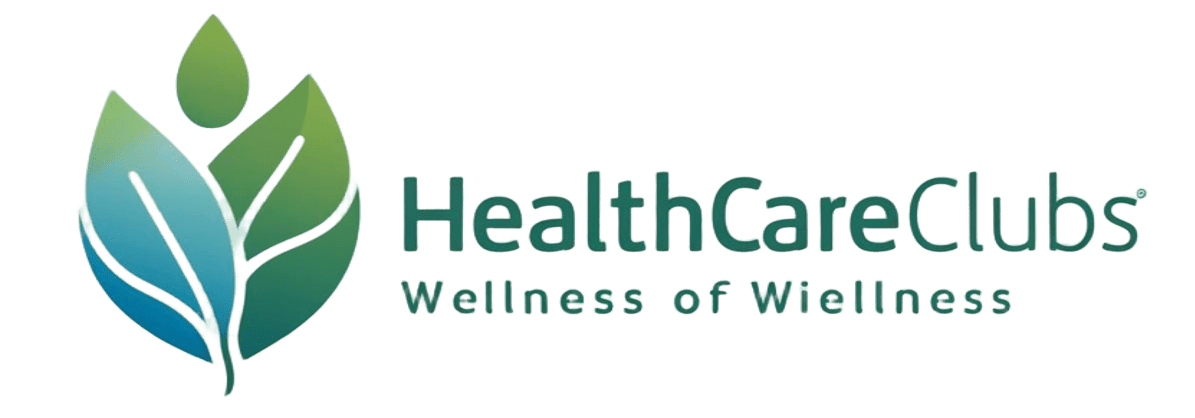High blood pressure, or hypertension, is a condition where the pressure of the blood flowing through the walls of the arteries is too high all the time. This can cause severe complications like heart disease, stroke, and kidney failure. Most of the time, high blood pressure has no symptoms, so it is sometimes known as the “silent killer.” Blood pressure needs to be kept under track to prevent these severe complications.
Risk Factors Associated with High Blood Pressure
There are some risk factors that can lead to the condition of high blood pressure. Age is one such risk factor since one’s blood pressure increases with age. Having family members suffering from high blood pressure can, too, raise one’s chances of getting the condition. Being overweight, obesity, physical inactivity, smoking, heavy alcohol use, and dietary habits which are high in salt but poor in potassium are some other risk factors.
Also, some ethnic populations, including African Americans, are at greater risk of acquiring high blood pressure. It is best that such individuals take the initiative to monitor their blood pressure levels and take action to lower the risk factor.
Lifestyle Factors that Contribute to High Blood Pressure
Lifestyle has a large part to play in the cause of high blood pressure. An unhealthy diet, physical inactivity, and heavy alcohol use can all contribute to high pressure levels in the blood. A diet containing large amounts of sodium but not much potassium can cause retention of fluid and raised pressure in the blood. Physical inactivity can result in obesity and extra work for the heart, while heavy drinking can cause raised pressure and eventually harm the heart.

Implementing healthy lifestyle modifications like eating a diet that is full of fruits, vegetable, and whole grains, regular physical activity, and minimizing alcohol use can contribute to decreasing levels of blood pressure and the risk of suffering from hypertension.
Genetic Factors Associated with High Blood Pressure High blood pressure can be caused by genetics, too. Some people are at greater risk of the condition due to family histories of hypertension. Certain genetic traits can cause one to be more sensitive to salt, thus resulting in higher levels of blood pressure. Genetic mutation can result in what is termed monogenic hypertension, which are very uncommon forms of high blood pressure.
It is crucial that those with a family history of hypertension know that they are at risk and take proactive action to monitor and regulate their blood pressure levels through frequent examinations and healthy lifestyles.
Medical problems that may cause high blood pressure include: Kidney problems
There are certain medical disorders that can also cause the condition of high blood pressure to develop. These include kidney diseases, diabetes, and sleep apnea, which can all result in high pressure levels of the blood. A hormonal imbalance involving an overactive thyroid or adrenal gland can cause high blood pressure too.
It is crucial that such individuals be under close supervision of their healthcare professional to track the management of, and regulate, their blood pressure along with the other aspects of the management plan.
List of Drugs that Raise Blood Pressure
Certain drugs and substances can cause high blood pressure too. Certain decongestants, birth control pills, NSAIDs, and some antidepressants are common culprits. Substances like cocaine and amphetamines also increase the levels of blood pressure.
It is crucial that the individuals consuming these drugs or substances know the possible effect on their blood pressure and coordinate with their doctor to track and regulate it accordingly.
Psychological Factors Contributing to High Blood Pressure
Psychological and emotional issues can further contribute to the onset of high blood pressure. Chronic anxiety and stress can cause higher pressure readings to be maintained over time. Anger and hostility are also related to higher levels of blood pressure.
It is crucial that individuals pay attention to their mental and emotional health and seek assistance to address chronic stress or emotional suffering. Mindfulness meditation, yoga, and therapy are all effective methods that can decrease stress factors and lower one’s blood pressure levels.

In summary, hypertension, or high blood pressure, is an usual condition that can cause severe health problems unless properly managed. It is crucial that individuals recognize the risk factors, lifestyle factors, genetic and hereditary causes, medical conditions, drugs and substances, and the psychological and emotional factors that may cause high blood pressure. Individuals can lower the risk of hypertension as well as the resulting complications to the overall health by taking early precautions to regularly check and maintain the levels of the blood pressure through healthy lifestyles, periodic medical visits, and collaboration with medical professionals, causes of high blood pressure.
Stress and its impact on blood pressure
Stress is one of the most frequent causes of elevated blood pressure levels. Stress causes the release of hormones like adrenaline and cortisol, which can narrow the blood vessels, raising the heart rate. This physiological response to stress can cause temporary increases in blood pressure. Long-term high blood pressure levels can be caused by chronic stress, however, unless properly managed.
Practicing healthy strategies to manage stress, such as meditation, yoga, or counseling, can minimize the effect of stress on blood pressure. Physical exercise, along with healthy eating, can further contribute to lowering the level of stress and the risk of high blood pressure. Knowing the effect of stress on blood pressure and doing the necessary to manage stress can aid individuals to lower the risk of hypertension.
The impact of diet and nutrition on blood pressure
Dietary habits are very important in the management of blood pressure levels. Eating foods that are high in sodium, saturated fat, and processed foods may lead to high levels of blood pressure. Conversely, eating foods that are high in fruits, green leafy vegetables, whole grains, lean proteins, and healthy fat helps to decrease levels of blood pressure.
An eating plan that has been proven to help decrease blood pressure is the DASH (Dietary Approaches to Stop Hypertension) diet. It focuses on eating fruit, vegetables, whole grains, lean proteins, and low-fat dairy foods, along with reducing sodium, saturated fat, and added sugars. Eating the DASH diet has been known to decrease the amount of pressure inside the blood vessels and to lower the risk of becoming hypertensive.
![]()






